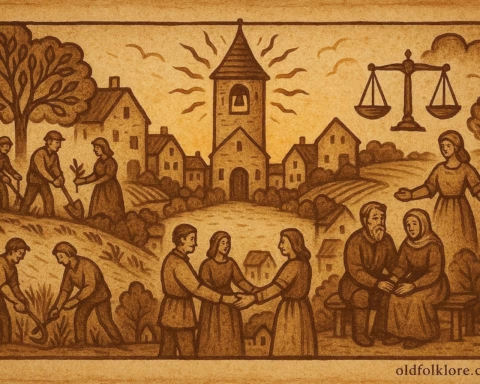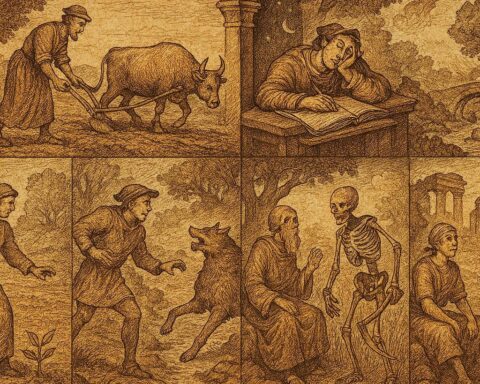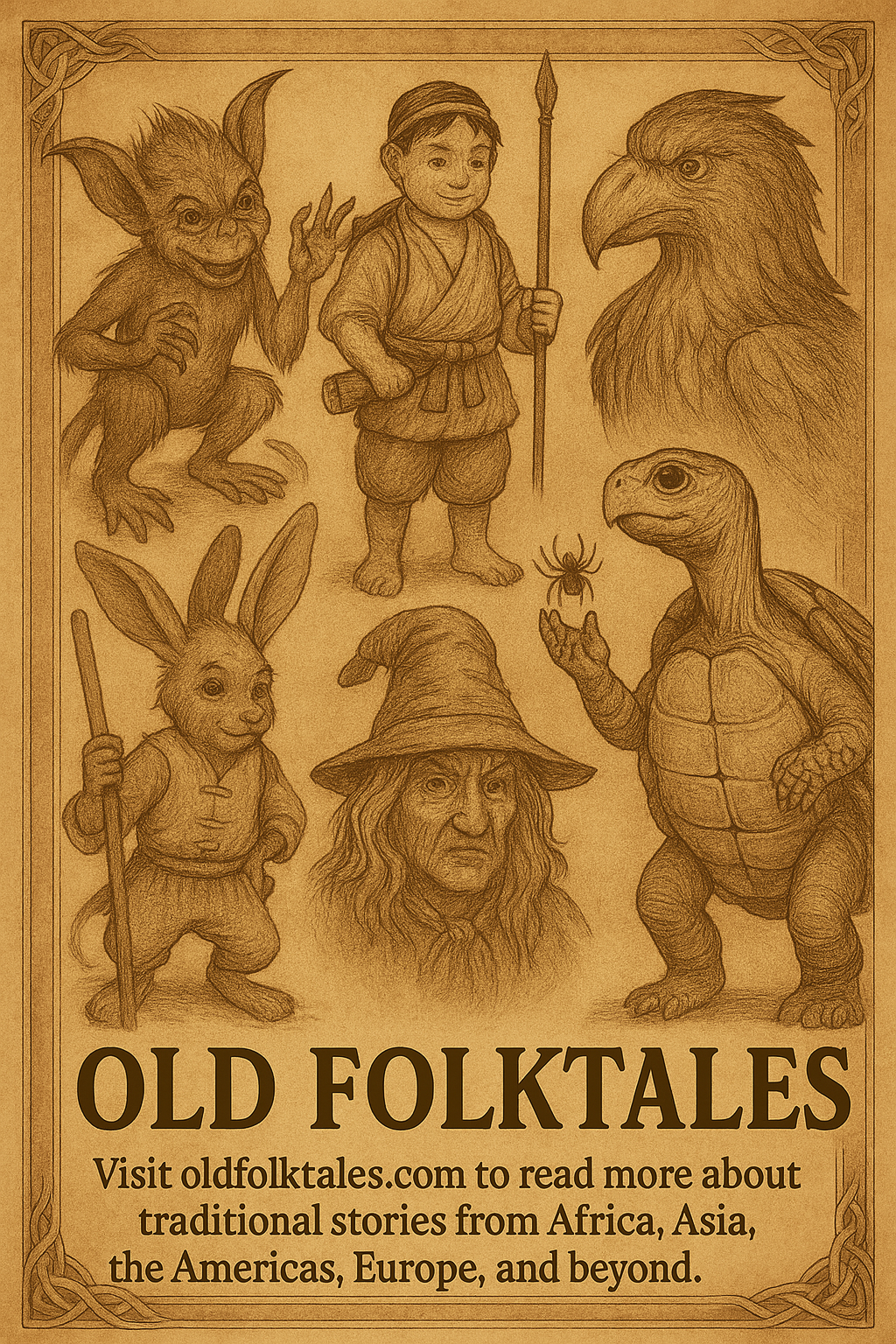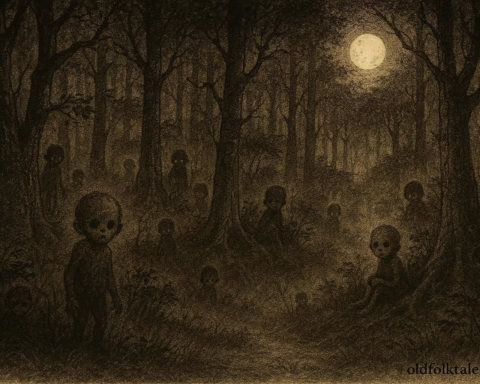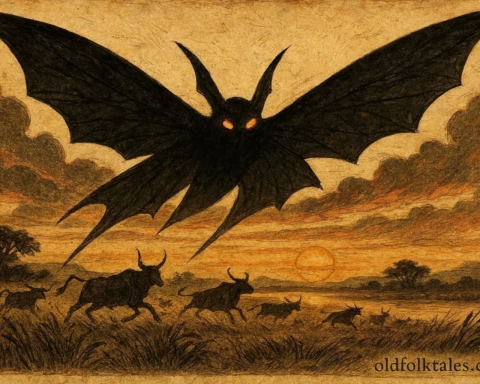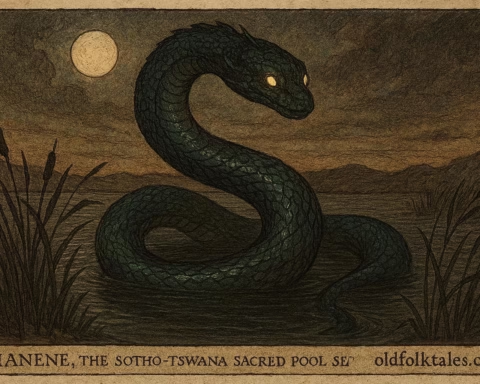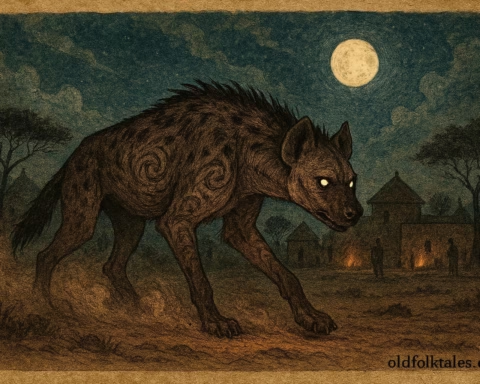From the misty hills of Ireland to the bustling markets of Venice, Europe’s folk sayings are a treasure chest of human experience. Among them, warnings against greed are a recurring theme. Across centuries, from medieval courts to humble farmsteads, greed has been seen as a moral weakness, one that destroys friendships, dishonors families, and sometimes topples empires.
In European folklore, greed is not just a personal flaw, it’s a danger to the community. The old proverbs, shaped by generations of storytellers, farmers, and traders, remind us that excessive desire often leads to loss.
Here are eight classic European proverbs that speak clearly against the temptation of wanting more than one’s share.
“He who grasps at too much loses all.”
Found across multiple European languages, this proverb warns that overreaching often backfires. The image is of someone trying to grab more than they can hold, only to drop everything. In medieval trade guilds, it was often said to merchants who hiked prices too high, risking their customers’ trust for short-term gain. The lesson is simple: know your limits, or your greed will undo you.
“Avarice bursts the sack.”
Of Spanish origin, this saying pictures a greedy merchant stuffing his sack so full that it tears, spilling everything. It reminds us that greed pushes past safe boundaries until it destroys the very thing it seeks to fill. In farming communities, it was a warning to avoid hoarding grain in bad years, because spoilage and resentment often followed.
“When the fox preaches, beware your geese.”
An old English and Low Countries proverb, this paints a vivid image of a predator pretending to be pious. In essence, it warns against trusting those whose generosity is just a disguise for self-interest. The moral is a double warning: greed corrupts truth, and greed often hides behind false kindness.
“All covet, all lose.”
Recorded in 17th-century England, this short proverb reflects the communal cost of greed. When everyone wants the biggest share, cooperation collapses and nobody benefits. It was commonly told in fishing villages where quarrels over catches could threaten livelihoods.
“Better half a loaf than no bread.”
Common throughout Europe, from France to Germany, this phrase teaches contentment. Taking less than you desire is wiser than demanding more and ending up with nothing. Its roots lie in the hard years of famine, when communities survived by sharing modestly rather than fighting for excess.
“Hunger is sharpened by gold.”
Of Italian origin, this proverb warns that wealth without restraint only fuels deeper desire. Gold cannot satisfy hunger, literal or metaphorical, if greed rules the heart. Renaissance merchants often used this phrase as a caution to their heirs, reminding them that luxury could breed restlessness instead of contentment.
“Much would have more and lost all.”
A Scottish and Northern English saying, this proverb reflects the fate of those who already have plenty but reach for even more. Folk tales often carried this lesson, showing wealthy farmers who, by overextending their lands, lost them entirely.
“Pigs get fat, hogs get slaughtered.”
Popular in rural Europe, especially in Ireland and Germany, this rustic warning says that moderate ambition can sustain you, but unrestrained greed invites ruin. Farmers knew that a hog’s fatness wasn’t a sign of success, it was a sign its end was near.
Cultural Origin
These proverbs emerged from centuries of European life, feudal economies, agrarian hardship, merchant expansion, and church moral teaching. Greed was condemned in both religious and secular traditions, from Catholic sermons against avarice to guild codes in Renaissance cities. The sayings were tools of social control and survival, encouraging fairness in trade, moderation in farming, and generosity within the community.
While each proverb has local flavor, the pattern is consistent: greed is destructive. Whether whispered by a grandmother over soup, carved into a market wall, or sung in a tavern ballad, these words have shaped the moral compass of European culture for generations.
Knowledge Check
1. What does the proverb “He who grasps at too much loses all” mean?
It warns that trying to take more than you can handle often results in losing everything.
2. How is “Avarice bursts the sack” used in European culture?
It’s used to caution against overfilling one’s possessions or ambitions to the point of ruin.
3. What lesson does “When the fox preaches, beware your geese” teach?
It warns against trusting people who pretend to be generous but act out of greed.
4. Why is “Better half a loaf than no bread” important historically?
It encouraged contentment and sharing during times of famine or scarcity.
5. What does “Pigs get fat, hogs get slaughtered” symbolize?
It symbolizes that moderate ambition is safe, but excessive greed leads to downfall.
6. How have European proverbs about greed been preserved?
They’ve been passed down through oral tradition, literature, and folk tales for centuries.

